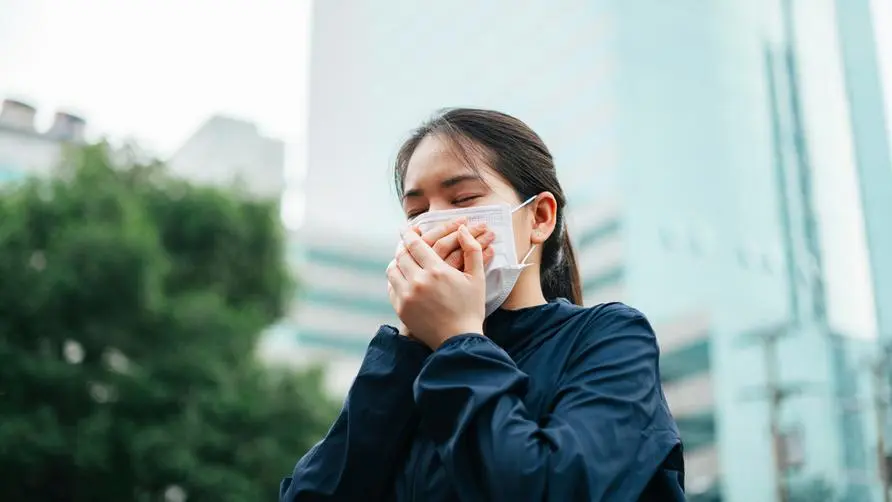Heart palpitations, chest tightness, and dizziness do not necessarily mean you are infected with the epidemic! Excessive panic about the epidemic may lead to the outbreak of "autonomic nervous system disorder"

Can you find no cause for the pain and symptoms all over your body? Beware of autonomic nervous system disorder
As the number of confirmed cases in the local area increases sharply, do you suddenly feel palpitations, dizziness, and chest tightness, and are you always worried that you will also be diagnosed? Be careful because excessive stress can cause “autonomic nervous system disorder”! Dr. Li Minshan from the Department of Psychosomatics at Jiesi Mind and Body Medicine Clinic said in an interview that the symptoms of autonomic nervous system disorders are quite diverse and may occur in different parts. Patients often register for medical treatment in various departments because of these symptoms. However, there are no obvious problems in physical examinations and are easily affected. daily life.
Dr. Li Minshan pointed out that the symptoms of autonomic nervous system disorders in various parts include dizziness, heavy head, and headache in the head; eye fatigue and blurred vision; tinnitus and ear plugs; a feeling of hypoxia in the lungs; heart palpitations and chest tightness; gastrointestinal symptoms Tract symptoms may include nausea, bloating, irritable bowel syndrome, and frequent trips to the toilet. Some patients also experience pain in their hands and feet, and the pain may shift position.
Autonomic nervous system disorders are common among young adults! Identify the sources of stress and develop stress relief channels
Stress is one of the main causes of autonomic nervous system symptoms. Dr. Li Minshan said that autonomic nervous system disorders most commonly occur between the ages of 20 and 40 and are related to the accumulation of chronic stress in work and life. This age group often faces multiple pressures from family and work, and is prone to worry about themselves and the future. When related symptoms occur, even if they seek medical examination, no obvious cause can be found, and the uncomfortable condition cannot be improved.
Dr. Li Minshan suggested that if autonomic nervous system disorder occurs, it is best to find out the source of stress. However, many patients are unable to detect which things are their sources of stress, such as responding to work messages every day, having a full schedule, and not having time to rest alone, etc., which may inadvertently aggravate their stress. They should seek professional help appropriately to clarify their own stress. source.
If you cannot stay away from the source of stress, you should find ways to reduce stress that suit you, such as breathing exercises and meditation. Dr. Li Minshan pointed out that everyone’s relaxation method is different. In addition to cultivating suitable stress relief channels, doctors will also help patients make cognitive adjustments so that patients can correctly understand that physical symptoms are not caused by major diseases such as heart disease or the new coronavirus. This provides a sense of peace of mind and stability and helps improve symptoms.
Epidemic panic aggravates autonomic nervous system disorder! He went to the hospital to get tested quickly
Will excessive panic during the epidemic worsen the symptoms of autonomic nervous system disorder? Dr. Li Minshan said that he did see some patients who were constantly worried about whether they were diagnosed because they felt short of breath, palpitations, and chest tightness. They tested negative every day and still thought they might be infected. In addition, the epidemic reports in the news media made him more worried. Suddenly, I even went to the hospital for a checkup.
Dr. Li Minshan suggested that exercise is one of the best ways to relieve autonomic nervous system disorders, especially aerobic exercise is more suitable. In addition, you can also try practicing yoga, or engaging in music or painting creation to relieve inner stress.
All kinds of psychological stress may increase during the epidemic. Dr. Li Minshan reminds you that you can review your lifestyle before going to bed and stop to examine whether you have emotional distress. If you already have related symptoms, you should practice self-adjustment first, or It is important to seek medical help as early as possible to prevent psychological stress from causing autonomic nervous system disorders and affecting normal life.
Further reading:





